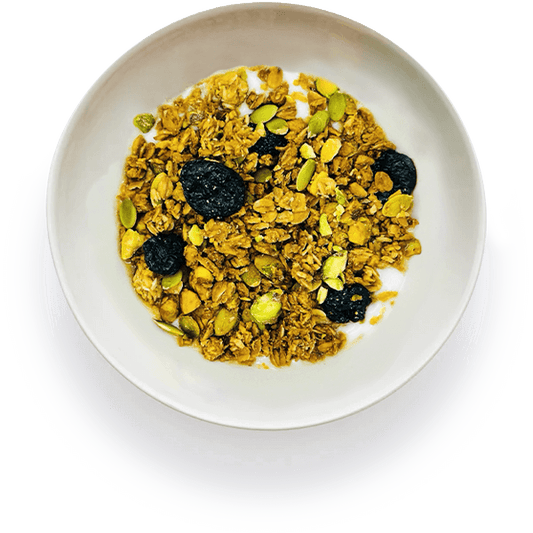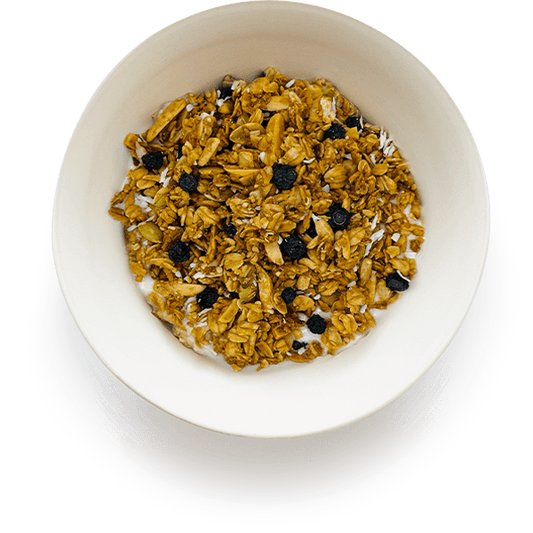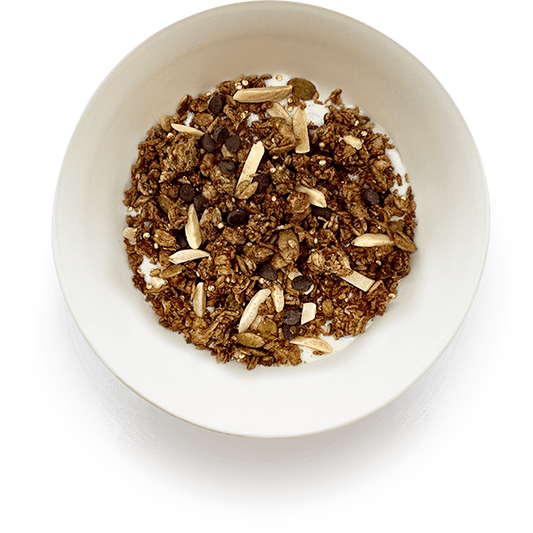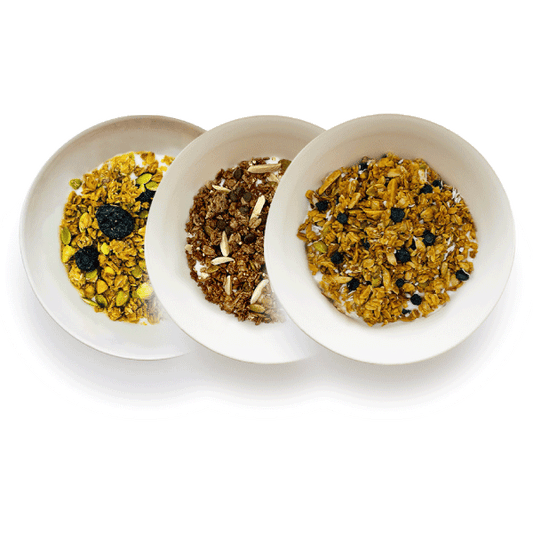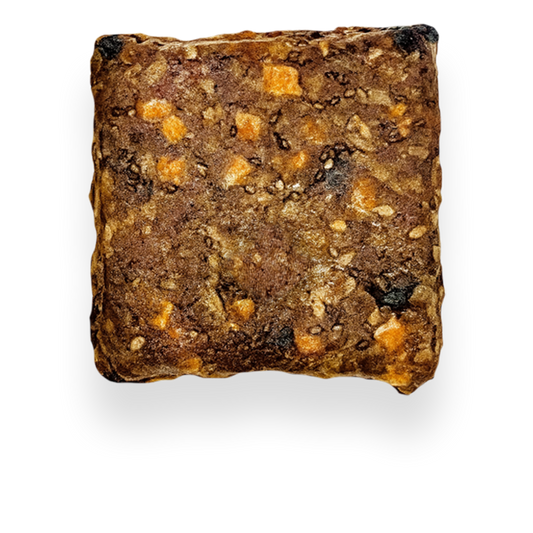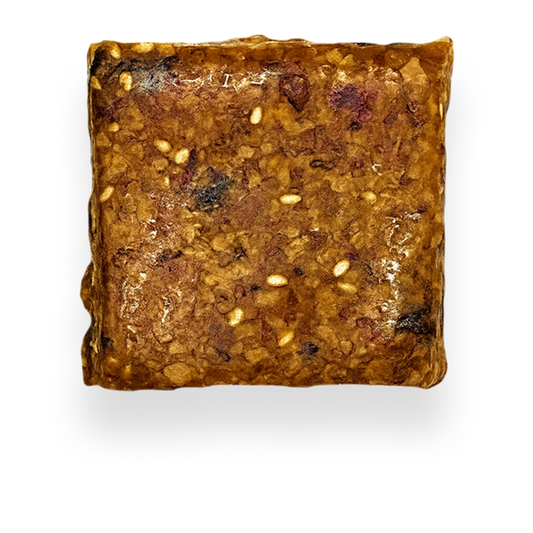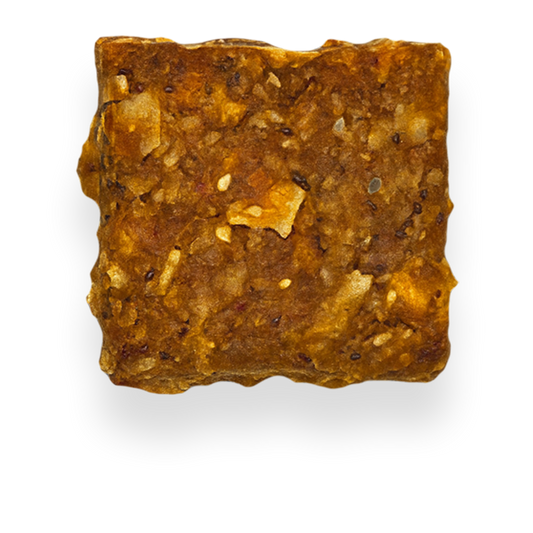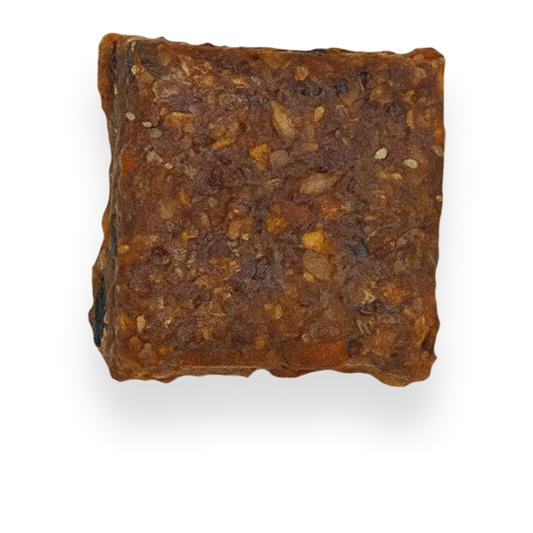Nutrients for a Plant-based Performance Diet: A Mini Crash-course!
By Kristen Sunstrum, RD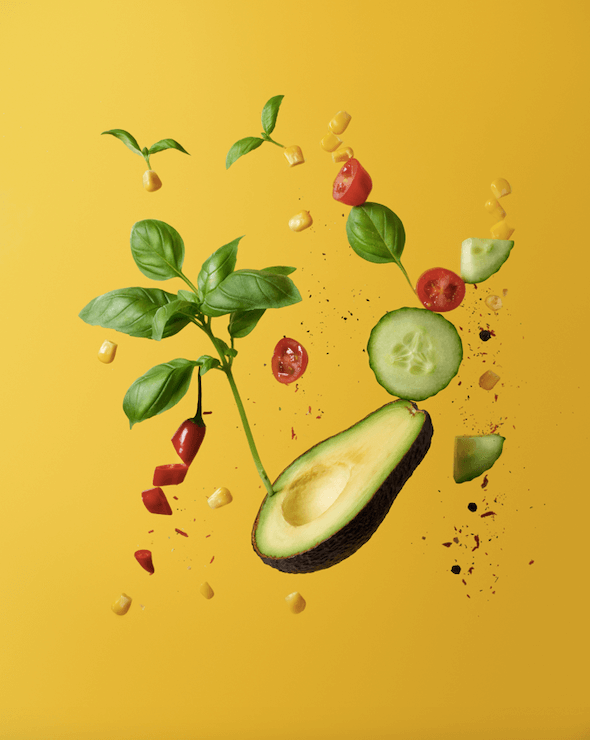

A plant-based diet may be powerful, but it is not always fail-proof in covering all your nutrient requirements. As such, nutrition experts agree that the key to achieving a performance plant-based diet comes down to education and planning to optimize your athletic performance and well-being.
In this article, you will discover how to get enough:
- Protein
- Omega-3 Fatty Acids
- Iron
- Calcium
- Vitamin B12
Protein

Most people need at least 1 g of protein per kg of body weight. For athletes, this can increase to up to 2.5 g of protein per kg of body weight.
Plant-based proteins are lower in most of the nine essential amino acids than animal-based protein. This is why it is important to consume a variety of plant-based proteins each day. The four main types of plant-based proteins are:
- Soy products
- Nuts and seeds
- Legumes
- Whole grains
Tip: Research suggests that those following plant-based vegan diets are more likely to be deficient in the amino acid lysine. Soy products are the plant-based protein source highest in lysine, so try and include foods containing tofu, tempeh or edamame more often [1].
Meal Inspo: Creamy Thai Curry [35 g of protein per serving]
Omega-3 Fatty Acids

Omega-3 fatty acids are important for brain and heart health, and may even have benefits when it comes to athletic performance [2]. This is because they are a precursor to prostaglandins, a compound that may reduce exercise-induced inflammation and promote recovery [3].
Omega-3 fatty acids come in three forms: ALA, DHA and EPA. Your body can only use DHA and EPA, but plant-based forms of omega-3s come in the ALA form. This means that your body needs to work extra hard to convert ALA into usable DHA and EPA.
Most people need around 250-500 mg of DHA and EPA per day. Try consuming at least 1 source of these foods each day, such as:
- 2 tablespoons of ground flax or chia seeds (whole seeds are not absorbed)
- 2 tablespoons of walnuts
- 1 tablespoon of canola oil
Meal inspo: Blueberry Walnut Oatmeal
Iron

Iron is an essential micronutrient that makes up the hemoglobin in red blood cells. Hemoglobin is responsible for transferring oxygen to your body tissues, which is essential during aerobic exercise and everyday life.
On a plant-based diet, iron comes in something known as the non-heme form. Non-heme iron is harder to absorb by the body than animal-based heme iron.
The trick to improving iron absorption on a vegan diet is to consume iron with a source of vitamin C, like oranges, strawberries and sweet peppers.
For those over the age of 18, men need around 8 mg of iron per day while women need around 18 mg per day. To meet your iron needs on a plant-based diet, try having at least 2-3 iron rich foods per day, such as:
- Lentils
- Pumpkin seeds
- Kamut
- Spelt
- Tofu
- Cooked spinach
Meal Inspo: Dark Cacao Almond Smoothie [20% DV of Iron]
Calcium

Calcium is an essential micronutrient for keeping bones healthy and strong, preventing osteoporosis and bone fractures.
Contrary to what the dairy industry has made us believe, there are many different sources of calcium beyond dairy milk, yogurt and cheese.
Most people need between 1000 to 1300 mg of calcium each day. Try meeting your needs with these sources of plant-based calcium:
- Tofu
- Soy milk (or other calcium-fortified plant-based beverages)
- Collard greens
- Kale
- Tahini
- Broccoli
Tip: Up to 48% of the calcium found in plant-based milks (like oat, soy, almond and hemp) can settle to the bottom of the container [4]. Make sure you shake your container vigorously to get all the calcium!
Meal Inspo: Southern BBQ [25% DV of Calcium]
Vitamin B12

Vitamin B12 is an essential micronutrient for healthy nerve function, red blood cell formation, and helps us keep our energy levels up.
One of the main plant-based sources of vitamin B12 is fortified nutritional yeast. Nutritional yeast is a deactivated (or dead) form of Saccharomyces cerevisiae, the common yeast used in baking, winemaking and brewing [5]. Known for its nutty and cheesy flavour, it is often added to boost the savoury-factor of many plant-based meals.
If you won’t be eating nutritional yeast everyday, it is recommended to use a vitamin B12 supplement. They are usually affordable and widely available. Find a supplement with at least 1000 micrograms of Vitamin B12 and take it at least 3-5 times per week.
Meal Inspo: Sweet Potato Mac N’ Cheese [330% DV of Vitamin B12]



